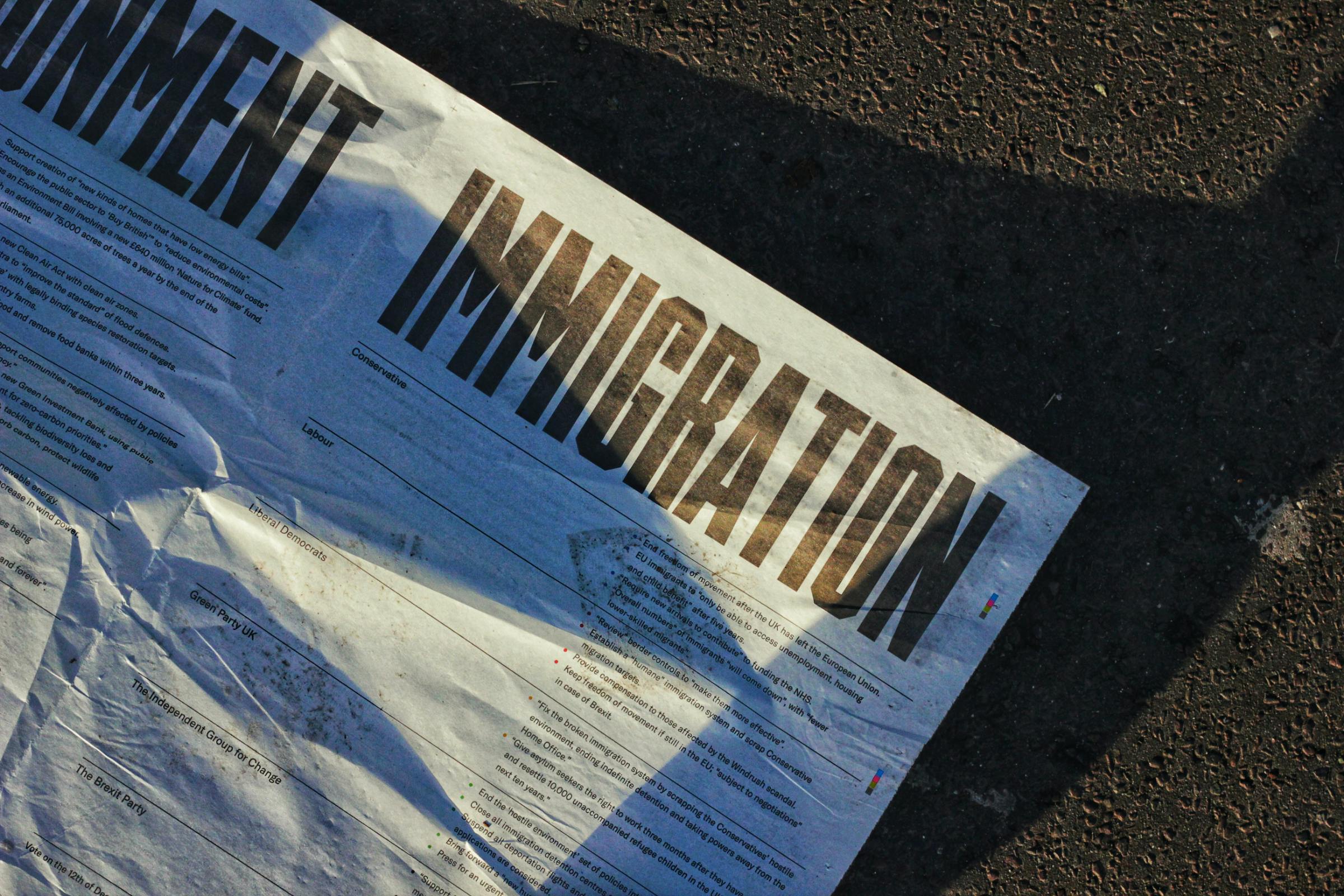Although many immigrants who did not enter the U.S. lawfully are barred from I-485 eligibility, Congress initially enacted INA 245(i) in 1994 as a temporary measure providing certain aliens a pathway to adjust to permanent resident status. The law required that 245(i) applicants file an application and pay an additional statutory sum from within the United States.
Background
The law was originally set to expire after three years in 1997, but after several short term extensions, Congress made it permanent after its initial sunset date and changed the rule so that immigrants must be the beneficiary of an immigrant visa petition or permanent labor certification application filed on or before January 14, 1998.
Later, in 2000, the rule was amended again by Congress, and this time the government changed the latest qualifying date to April 30th, 2001 for applicants who have a had an immigrant petition filed on their behalf. This meant that immigrants who had a petition filed on their behalf on or before this date will qualify. However, the one condition that was applied in the latest amendment also states that the principal beneficiary (who had a petition filed on their behalf) must have been physically present in the U.S. as of December 21st, 2000 if they had their petition filed between 1998 and 2001.
In other words, the rule after going through rounds of amendments was finalized to allow more applicants the eligibility to adjust their status—i.e. those who have had petitions filed on their behalf after 1997.
Although the rule seems complicated and with many requirements, the ultimate goal and aim of this amendment to the INA is to allow certain special immigrants the possibility to receive a green card even if they were not paroled or inspected at a port of entry upon entering the United States.
What do you need to file under 245(i)?
In order to qualify for an adjustment of status based on this INA rule, applicants need to file their I-485 adjustment of status application with all of the normal requirements (this includes the Affidavit of Support as well as Medical Documents). Additionally, applicants will need the following:
1. Supplement A to Form I-485. Available here: https://www.uscis.gov/sites/default/files/document/forms/i-485supainstr-pc.pdf
2. Proof that the applicant is the beneficiary of a qualifying 245i petition. This proof can be validated by a USCIS approval notice or the actual petition if it has a dated stamp.
3. Proof of a valid close family relationship if the case is a derivative family member
4. An additional $1000 dollar penalty fee on top of the I-485 application fee
5. Physical presence inside the United States on December 21st, 2000, if that rule applies to them.
As of right now, there is no fee waiver for the 245(i) program. However, some applicants who are under the age of 17 (minors) will not have to pay the fee at all.
Finally, the way this rule is able to work for some applicants is through what is called being “grandfathered” into the rule. This means that a beneficiary of a petition filed on or before April 30th, 2001 is grandfathered into the old rule. These individuals are going to maintain eligibility no matter what their relationship is with other close family members. This is particularly important for those who are grandfathered into the rule, but happen to divorce before their marital green card is accepted. In certain circumstances, the 245(i) rule can help with admissibility requirements.














